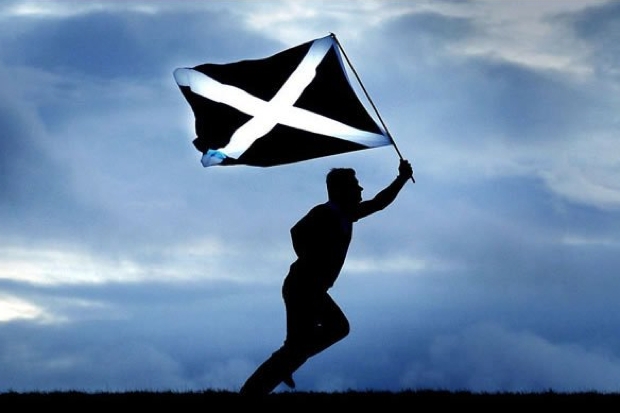As the political nation waits with bated breath for the Scottish referendum result, the polls are dictating the mood. One showing Yes in the lead led to the abandonment of PMQs and all three party leaders heading to Scotland. Recent ones showing No back in the lead, have steadied nerves and reassured the No camp that they have halted Alex Salmond’s momentum and begun to turn the tide.
But there are several reasons why the polls might not be as reliable a guide as usual in this referendum. First, as Mike Smithson notes, there hasn’t been a Scottish independence referendum before so. This means that the pollsters don’t have a previous model to work from and improve.
Second, there is the question of whether people are being honest about how they’ll vote. Pollsters are concerned that some of those who are voting No are not admitting it. Having been up in Scotland last week, I think there might be something to this. Several of those who are voting No almost whispered their answer when I asked them and the Yes campaign is certainly more visible than the No campaign. Better Together are also confident that those who remain undecided will break heavily to them. As one leading member of the campaign put it to me, ‘For these voters it is a choice between head and heart, and if you are going to let your head rule your heart, you don’t admit it, even to yourself, until the last minute.’
But if these factors favour the No campaign, then far higher than usual turnout could favour Yes. A record number of voters have registered for this contest, 97 per cent of adult Scots are down to vote, including many who had dropped off the electoral roll. It seems a fair assumption that people haven’t returned to the electoral roll or registered for the first time to back the status quo.
All of which means that the result is particularly hard to call. When the results start coming in, I’m told that Fife—whose result is due earlier than Glasgow’s—should give us a very good idea as to which way Scotland has voted.







Comments